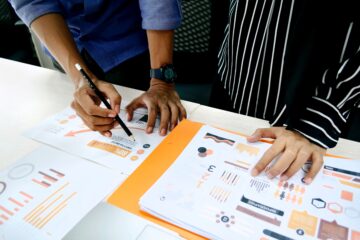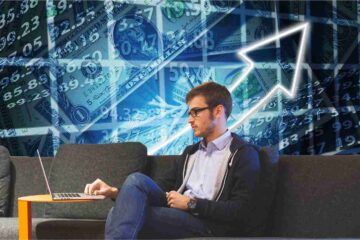Through its Creative Lab (C-Lab) Outside initiative, Samsung has supported the growth of 426 startups in total, including 182 internal companies and 244 external ones. Since 2018, the 244 external startups have received a total of 430 billion won in investments from various institutional investors.
Algocare Lab’s founder and CEO, Joung Ji-won, chose to apply for a Samsung Electronics venture incubator programme last year when her business was in its third year of operation and already well-known for its cutting-edge concepts for individualised nutrition management.
She nevertheless found it difficult to manage and expand her firm in a nation where large corporations continue to dominate the economy and are frequently seen stifling or acquiring up-and-coming, little players.
At a press conference for Samsung’s Creative Lab (C-Lab) Outside on, a startup acceleration programme designed to support qualified, aspiring entrepreneurs outside the tech giant, Joung said, “The most challenging thing was to attract great people.
She continued, “New hires indicated their parents are proud of them since joining the (Samsung) programme, which made it much simpler to recruit good people.”
The world’s leading manufacturer of mobile devices and memory chips, Samsung, launched its internal C-Lab initiative in 2012 with the goal of fostering innovative ideas, turning them into commercial prospects, and enhancing the startup environment in the nation.
Samsung created a spin-off programme for successful internal startups in 2015 to support employee initiative and drive.
Encouraged by the good feedback, the IT giant launched C-Lab Outside in 2018 to foster external, innovative tech startups under the age of five by offering them office space, financial support of up to 100 million won ($73,700), mentoring, and business consulting and cooperation.
Hahn In-kuk, head of Samsung Electronics’ Creativity & Innovation Center, said during the ceremony that the goal of C-Lab Outside was to find promising young innovators soon and assist them in firmly establishing roots and growing into large trees rather than to generate financial advantage.
As of next year, according to Hahn, Samsung plans to “build up” the programme, continuing to monitor the progress of the program’s former participants even after the one-year programme has ended and making investments as necessary.
The CEO of autonomous delivery robot manufacturer Neubility, Lee Sang-min, said he valued Samsung’s counselling service the most for managing his five-year-old business.
Lee, a Yonsei University mechanical engineering graduate, stated, “There are many crucial instances when a fast strategic choice needs to be taken, therefore it was a big comfort that I could get guidance and mentoring services from Samsung.”
He claimed that prior to taking part in the programme, neither his little business was well-organized nor had the requisite manpower.
It wasn’t until we had around 30 to 40 staff that we even had a chief financial officer, he claimed.
With the assistance of Samsung, Neubility, which was established in November 2017, was successful in securing an investment total of 23 billion won this year. 75 employees are now employed by the business.
The company has partnered with Samsung Welstory, a Samsung catering subsidiary, to introduce meal delivery by robotic couriers in golf clubs. Samsung Welstory is a pioneer in the development of self-driving delivery robots in South Korea.
There are currently 54 of these autonomous robots, known as “Neubie,” in use around the nation. They are outfitted with a camera system that allows them to comprehend their surroundings and identify obstacles. According to Lee, the business is about to sign a contract to introduce 100 more robots to golf courses.


